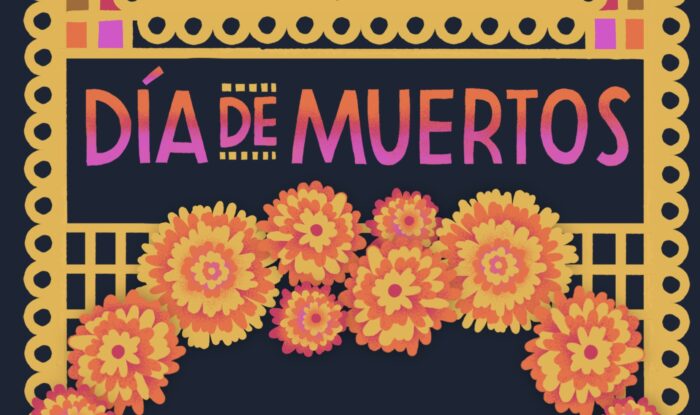
Día de Muertos, or Day of the Dead, is a holiday, traditionally celebrated in Mexico and parts of Latin America and the U.S., to remember the dead. People make ofrendas — offerings that include photos of dead loved ones along with physical objects, marigolds, and food.
Last year, when the ongoing pandemic meant many in-person Día de Muertos celebrations across Los Angeles were canceled and some funerals and memorial services still weren’t taking place in person, The Los Angeles Times launched a communal digital altar that invited readers to create their own ofrendas with pictures, memories, and anecdotes. The project was conceived of by Fidel Martinez, the Times’ editorial director for Latino initiatives, data and graphics journalist Vanessa Martínez, and deputy design director Martina Ibáñez-Baldor.“The idea was to replicate that communal sense of celebration and public mourning online,” Fidel Martinez said. (Along the same lines: Richland Source’s recent decision to make obituaries free.) Reader participation was well beyond expectations, the Times said this week:
Our initial hope was to get 40 or 50 submissions. We ended up receiving more than 1,000 ofrendas from across the country, and in four languages. It was the most successful audience call-out in Times history.
This year, the Times is creating a digital altar again. The paper will have a physical altar, too, as part of Hollywood Forever Cemetery’s Day of the Dead celebration on October 29 — “a tribute to Times employees, employees’ families and submissions from The Times’ digital ofrenda from last year.”
The Times is dedicating its Sunday Weekend to Día de Muertos and will include print versions of some of the ofrendas submitted to the digital altar last year. And readers are invited to submit audio ofrendas to an episode of the Times’ daily news podcast that will run on November 2.